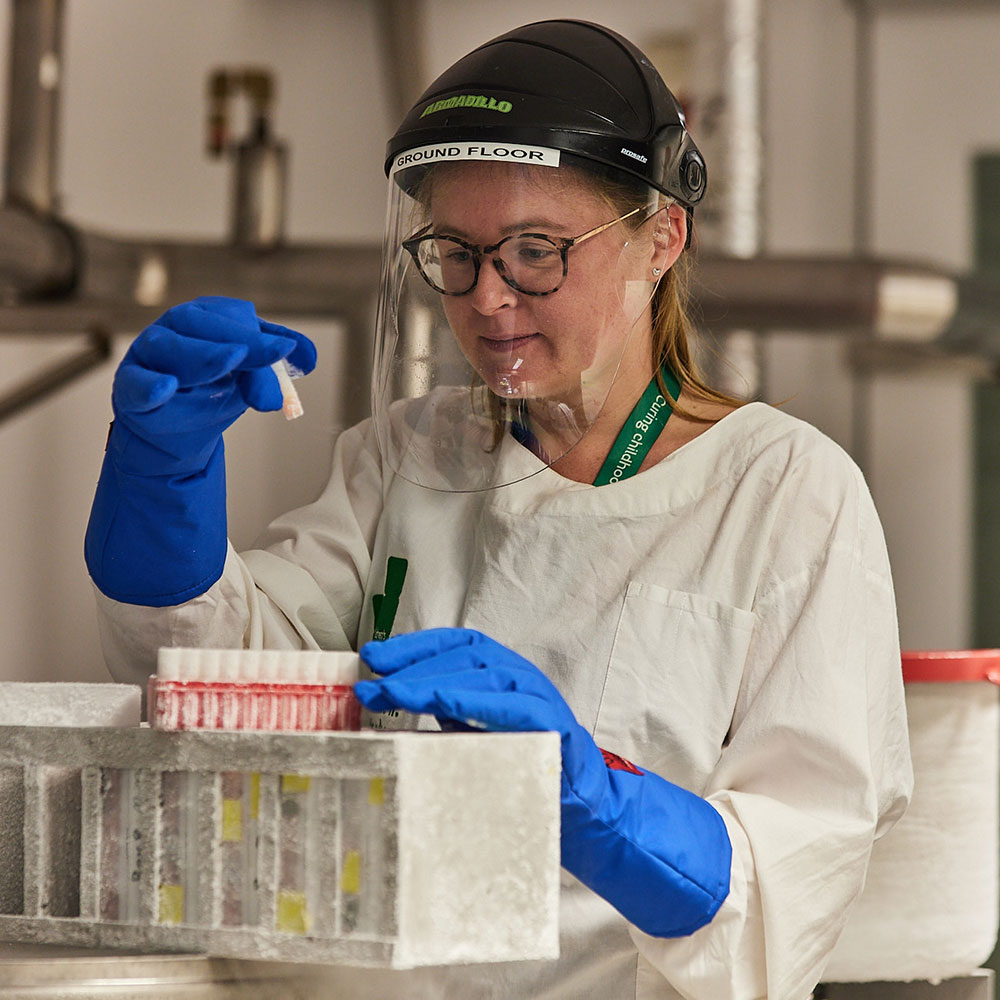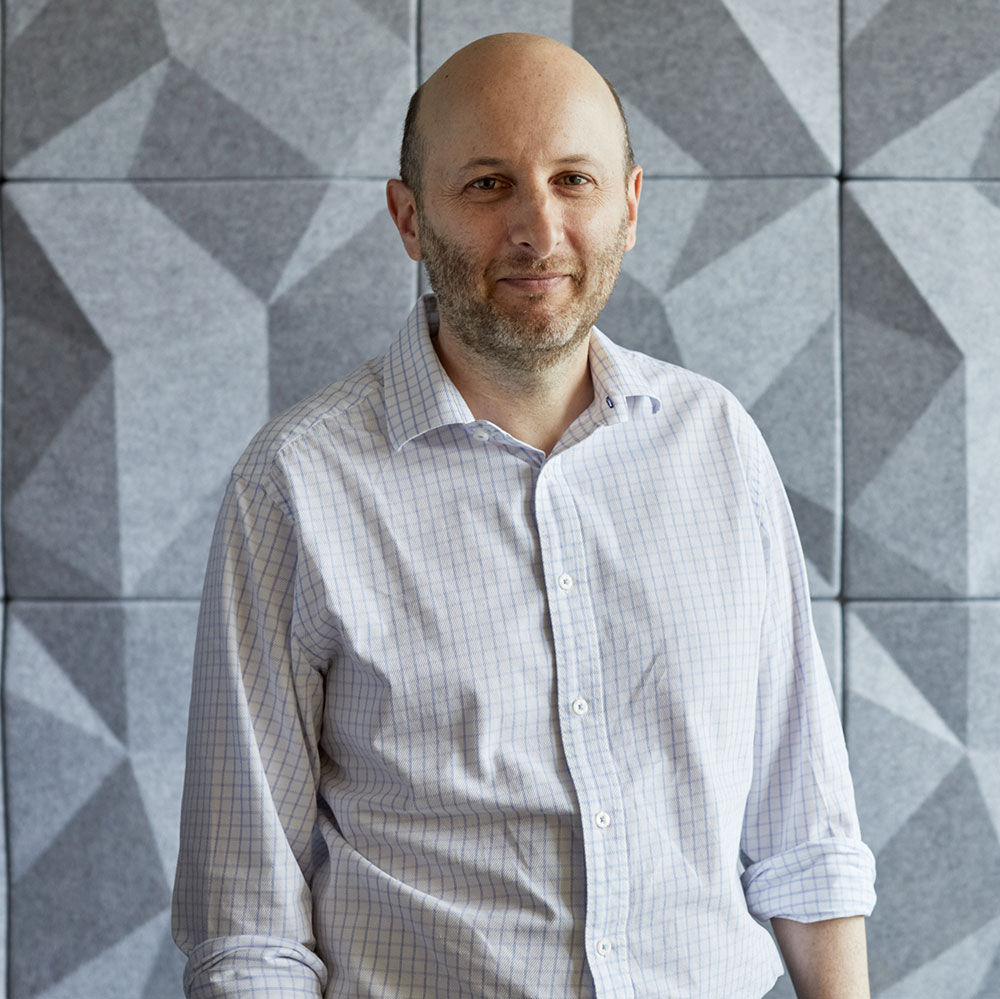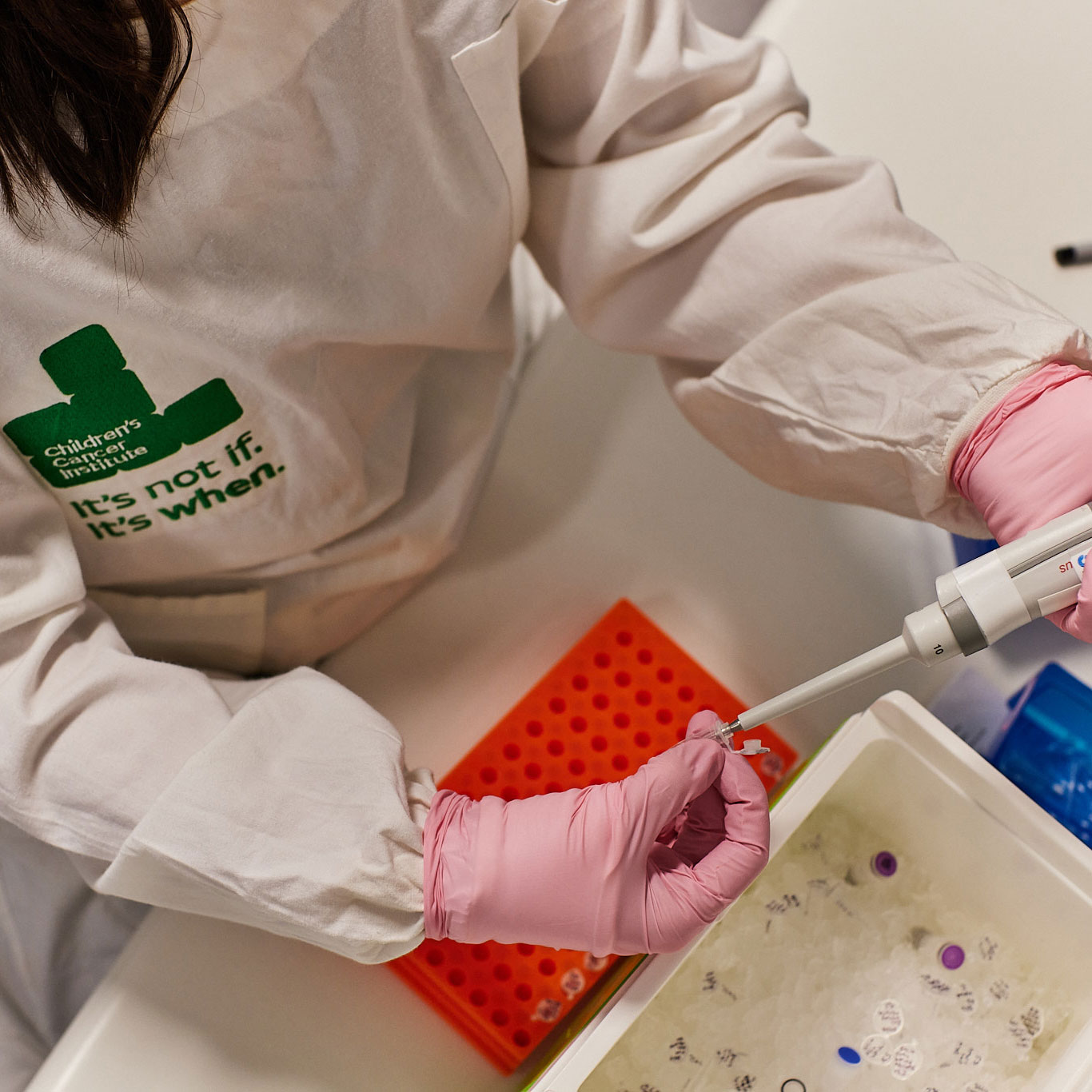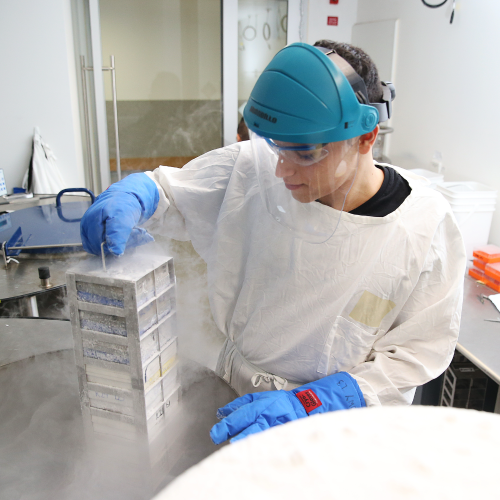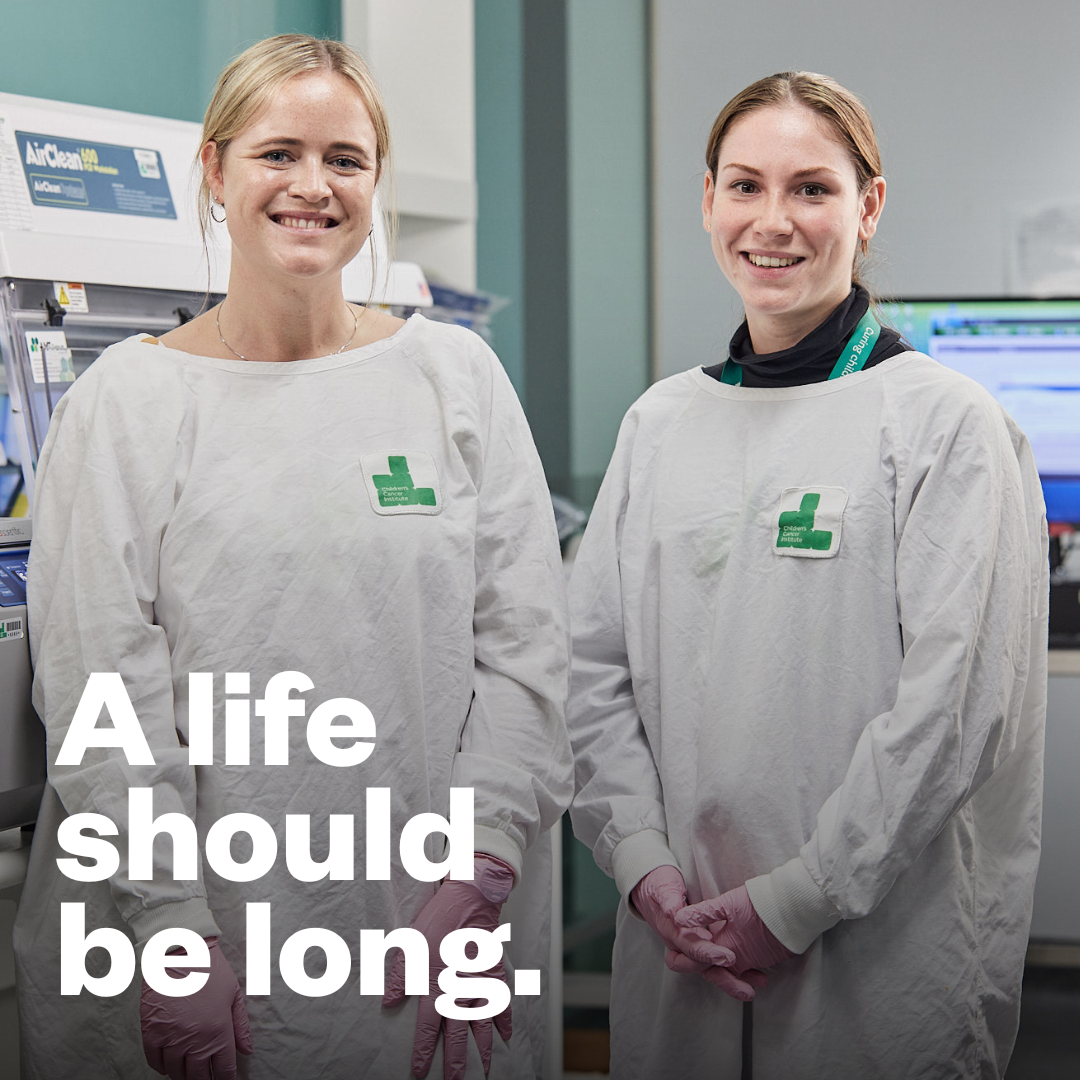For Childhood Cancer Awareness Month, let’s take a look at where things are moving to in the treatment of childhood cancer. What are some of the biggest recent advances, and what difference are they likely to make? Read on to find out…
Where we’re at now… and why it’s not good enough
No-one would dispute that we’ve come a long way in the treatment of children with cancer. After all, 60-odd years ago, a diagnosis of cancer in a child was tantamount to a death sentence. Today, more than 8 out of 10 children with cancer survive.
But there’s two big ‘buts’ there. The first is: BUT for children with certain types of cancer, the survival rate is still terrible. And the second is: BUT the children who survive cancer often suffer serious long-term health problems as a result of treatment. This simply isn’t good enough. We need to do better.
It’s well recognised that conventional chemotherapy represents a very heavy-handed approach to treating cancer in children. Chemotherapy drugs, designed decades ago, are generally designed to kill rapidly dividing cells in the body. Unfortunately, they’re not very selective about which of these cells they kill.
‘In a child there’s a lot of rapidly dividing cells, because they’re growing at a much greater rate than an adult,’ explains Professor Richard Lock, Head of the Blood Cancers Theme at the Institute. ‘And so, there’s a lot more normal cells in their body that are affected by these drugs. There’s a high price to pay for the treatment of childhood cancer.’
‘If we can target cancer cells specifically, we can hopefully avoid all the toxic side effects and also the serious long-term effects that many of these children suffer later in life.’

Revolutionising the treatment of cancer
According to Professor Lock, there have been some remarkable developments over the last 10 years or so that are revolutionising the treatment of cancer. These include immuno-oncology (utilising the body’s own immune system to attack cancer), and personalised medicine (tailoring therapy to suit each patient’s unique cancer).
Immuno-oncology
‘Premalignant cells are developing in our bodies all the time, but normally they are detected by our immune systems and destroyed before they become a problem,’ he explains. ‘When full-blown cancer develops, the cancer will have learnt how to evade the immune system. The challenge for researchers has been to find ways to reactivate the immune system, so it can recognise those ‘hidden’ cancer cells and wipe them out.’
Immuno-oncology was first shown to be an effective treatment strategy in childhood acute lymphoblastic leukaemia (ALL) in 2012. Researchers in the USA removed immune cells called T cells from a girl with ALL (Emily Whitehead), genetically engineered them so they were able to recognise her leukaemia cells, then reinfused the cells back into the girl. The T cells sought out her leukaemia cells and killed them, and the girl is still alive today.
Since then, immunotherapy has become a viable treatment option for several types of cancer, leading to many more success stories like Emily’s. However, other cancers have so far proven resistant to this approach. Researchers are working hard to understand why, though, and further progress is being made in leaps and bounds.

Personalised medicine
‘Another massive advance in the last decade is the personalised treatment of cancer, and this has come from a much-improved understanding of the genetics of cancer and what drives it,’ says Professor Lock.
‘There’s about 6.6 billion building blocks in a cell’s DNA, and if there’s a change in the sequence of those building blocks, it can potentially lead to cancer. We now have the ability to sequence all the building blocks of a cancer cell’s DNA to look for changes, and find out what’s driving its growth.’
Once the genetic driver of a patient’s cancer is known (for example, a mutation in a certain gene), this opens the door to finding a drug capable of targeting that driver and cancelling out its effects. This approach forms the basis of the Zero Childhood Cancer (ZERO) personalised medicine program, which our Institute runs in partnership with the Kids Cancer Centre at Sydney Children’s Hospital, Randwick.
Professor Lock believes that personalised medicine is shifting the entire paradigm of cancer treatment, not just for children but for adults too. ‘Instead of saying “OK this is a breast cancer, we should treat it with these drugs”, we’re saying, “OK, this is a breast cancer, but it’s got a mutation in this gene, and that’s been shown to be a target for a drug used in prostate cancer… maybe that drug will be useful against that breast cancer?” So treatments are being chosen based on the genetics of a patient’s cancer.’
Personalised medicine, immunotherapy, and other recent advances are heralding a new future for children with cancer. And at the current rate of discovery, there is every reason to feel optimistic that we will, one day, achieve our vision of curing all children of cancer.


